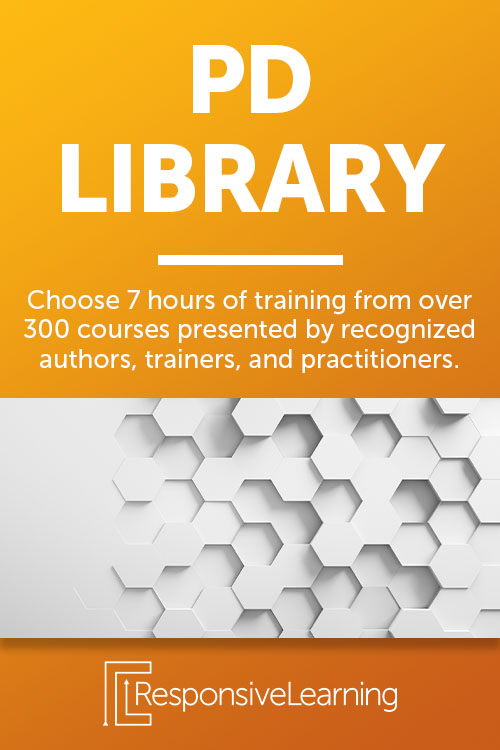Have you ever wondered how to increase family engagement without feeling like you’re talking to a brick wall? What can you do to pique their interest? With Keys to Special Education – Family Engagement, you’ll understand the proper motivational strategies to use when interacting with the families of students with disabilities.
1. Cultural Awareness
When it comes to interacting with families, how can you ensure that you are culturally and linguistically responsive? The first step requires you to understand varied family arrangements. You’ll want to accommodate students’ families by offering information in their native language and providing interpreters during an IEP meeting if necessary.
Schedule meetings with mindful consideration of parents’ work schedules. Different cultures, religious customs, and dietary needs must also be respected. Families feel more welcome and engaged when you make an effort to learn about their values and beliefs.
2. Family Involvement
So what’s the best way to encourage your students’ families to get involved? You can host volunteer opportunities for parents to offer support in the classroom or at school events. The Special Olympics are a great way to promote family engagement for students with disabilities.
Special education teacher Ayo Jones explains the importance of family involvement in planning. She is a veteran educator, author, and founder of Noodle Nook – an online resource for teachers in special education. Jones recommends that you “welcome parents on school committees and planning teams so that our students are adequately represented at the table.”
3. Connection Trifecta
Special education students require the support of their school, family, and community in order to be successful. Collaboration between these areas ensures that students will attain their learning potential. You can help families by introducing them to school and community programs that meet their individual needs.
When you form partnerships with community businesses, your students will have access to additional resources long after graduation. This creates an opportunity for a mutually beneficial connection. Conferences, assessments, and informal check-ins with families provide feedback on what they need and how the students are progressing.

4. Child-Focused Outcomes
Remember to customize interventions and supports so they best meet your students’ needs. Your activities and lessons should always incorporate the students’ post-secondary goals. Progress reports and communication must have clear language that’s easily understood. Avoid using jargon and acronyms since families may not be familiar with the terminology.
5. Reciprocate Positive Relationships
Building a positive relationship with parents is the foundation for encouraging healthy family engagement. Two-way communication allows parents to both receive and provide information. Families will always be more receptive when their input is valued.
Ultimately, you share the equally important responsibility of helping students achieve their goals along with the support of their families. When you foster mutual trust and respect, you can set your students and their families up for a lifetime of success.
Interested in learning more about how you can promote family engagement in special education? Explore the course demo on Keys to Special Education – Family Engagement today!

